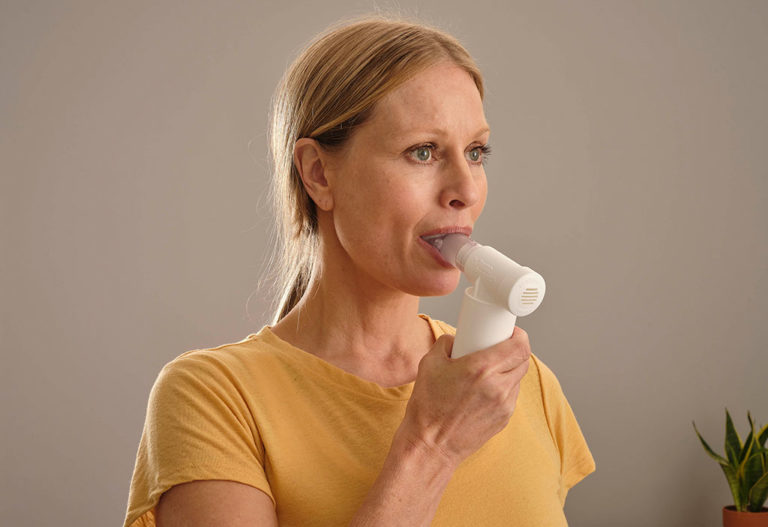Published in the Journal of Occupational and Environmental Hygiene (JOEH), this study reveals how workers with obesity “may have significantly shorter endurance times when performing workplace tasks, compared with their non-obese counterparts.”
The study focuses on industrial environments where tasks are repetitive and controlled. However, it could also apply to roles that require a certain level of stamina on a daily basis. This may include the public or uniformed services, such as the fire service and military. Furthermore, it may include nursing, the postal/delivery service and builders, for instance.
Obesity and lack of endurance
The study was inconclusive as to what causes lower levels of endurance. It may be due to difficulty when moving because of the worker’s heavier weight which contributes to less stamina and more fatigue. Alternatively, it may be that fatigue contributes to the weight gain.
The report reveals how being overweight can affect the way muscles work, by:
“decreasing blood flow and thus reducing the amount of oxygen and energy that reaches the muscles. When contracting muscles for a sustained period of time, people who are obese can experience muscle fatigue sooner than others.”
During physical activity your breathing will be pushed to its limit; even more so in people with obesity. As you draw more air into your lungs your respiratory system can start to consume as much as 20% of available energy. This results in your breathing muscles, including your diaphragm and intercostal muscles between the ribs, starting to fatigue. As a result, they ‘steal’ oxygenated blood from your working limbs in order to support breathing. This makes physical activity feel harder and induces a feeling of breathlessness.
The good news is that your breathing muscles are just like any other muscle. Just as you would train your calves or hamstrings to give you better endurance and strength for a particular sport or activity, you can also train your breathing muscles.
Improve breathing strength and reduce breathing fatigue
POWERbreathe Inspiratory Muscle Training uses the principles of resistance training to improve your breathing strength and stamina. As a result, your stronger breathing muscles will reduce breathing fatigue and you will be able to do more, with less effort. Furthermore, because the cardiovascular strain of POWERbreathe IMT is very low, it is suitable for even the most physically compromised people, such as those who overweight.




